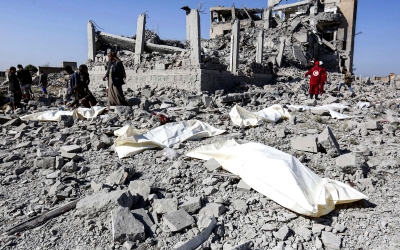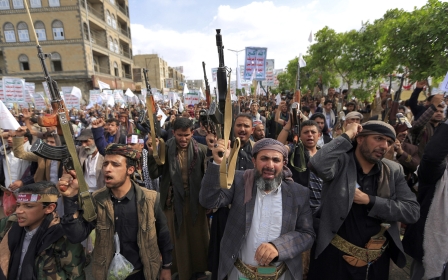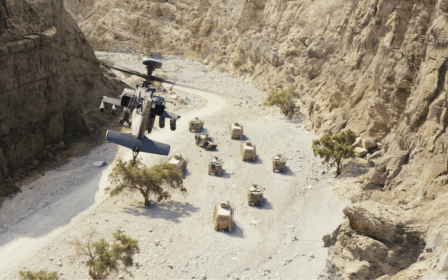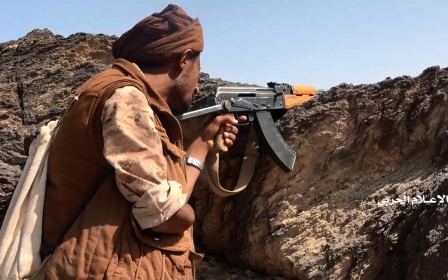Yemen's Houthi rebels detain 25 people working for US in Sanaa: Report
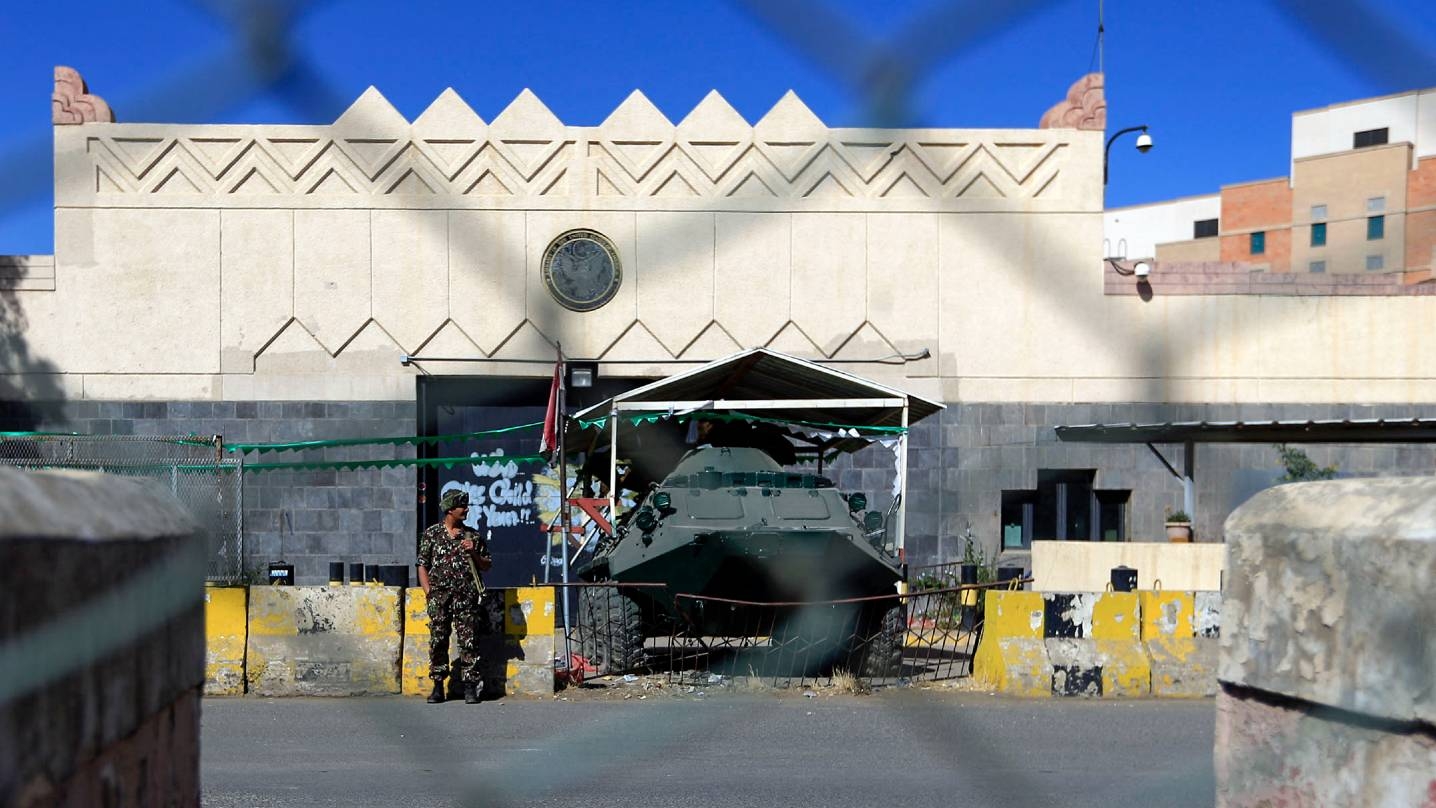
Yemen's Houthi rebels have detained at least 25 Yemenis working for the United States in Sanaa, Bloomberg News reported, citing two people familiar with the matter.
Those rounded up include Yemenis working for the US embassy and USAID, the international development arm of the American government, according to the people, who declined to be named as they were not authorised to discuss the detentions.
The US embassy was closed in 2015 after the Houthis took the capital, but some local staff continue to work from home or as security guards for the premises.
The motivation for the arrests, which took place over the past three weeks, was not clear but they come amid efforts for an end to the seven-year war.
US State Department Spokesperson Ned Price said Washington was "extremely concerned" by the reports of detention.
"We call for their immediate release. We have been unceasing in our behind-the-scenes diplomatic efforts to secure their release," Price told reporters on Tuesday.
"We've seen some progress and we're continuing to work this critical issue," he said, noting that the majority of the individuals who were detained are "no longer in custody".
There was no immediate comment from the Houthis.
Marib fighting intensifies
The war in Yemen erupted in September 2014 when the Houthis, who claim to represent the Yemeni people, seized the capital, Sanaa, sparking a civil war that forced President Abd Rabbuh Mansour Hadi to seek refuge in Aden and then Saudi Arabia.
The kingdom and its regional allies, chiefly the UAE, intervened in March 2015 and launched a wide-ranging aerial bombing campaign, carrying out thousands of air strikes in an effort to roll back the rebels.
The coalition also introduced an air and naval blockade that it says prevents the Houthis from smuggling weapons into the country.
The UN and several human rights groups have said the blockade has heavily restricted the flow of aid and goods from coming into the country, putting millions at risk of famine.
The country is frequently described as the world's worst humanitarian crisis, with more than 230,000 people killed, an estimated four million displaced, and around 80 percent of Yemenis dependent on aid for survival.
The situation has deteriorated in the last few months, with the new UN special envoy to Yemen, Hans Grundberg, warning that the country is "stuck in an indefinite state of war".
Fighting has intensified around the key city of Marib in recent months, with the Houthis trying to oust the internationally recognised government from its last urban stronghold.
On Sunday, the Saudi-led coalition said that it had killed 138 Houthi rebels over the previous 24 hours in raids near Marib.
Despite these claims, which cannot be independently verified by Middle East Eye, the Houthis have continued their advance towards the city.
Middle East Eye delivers independent and unrivalled coverage and analysis of the Middle East, North Africa and beyond. To learn more about republishing this content and the associated fees, please fill out this form. More about MEE can be found here.


